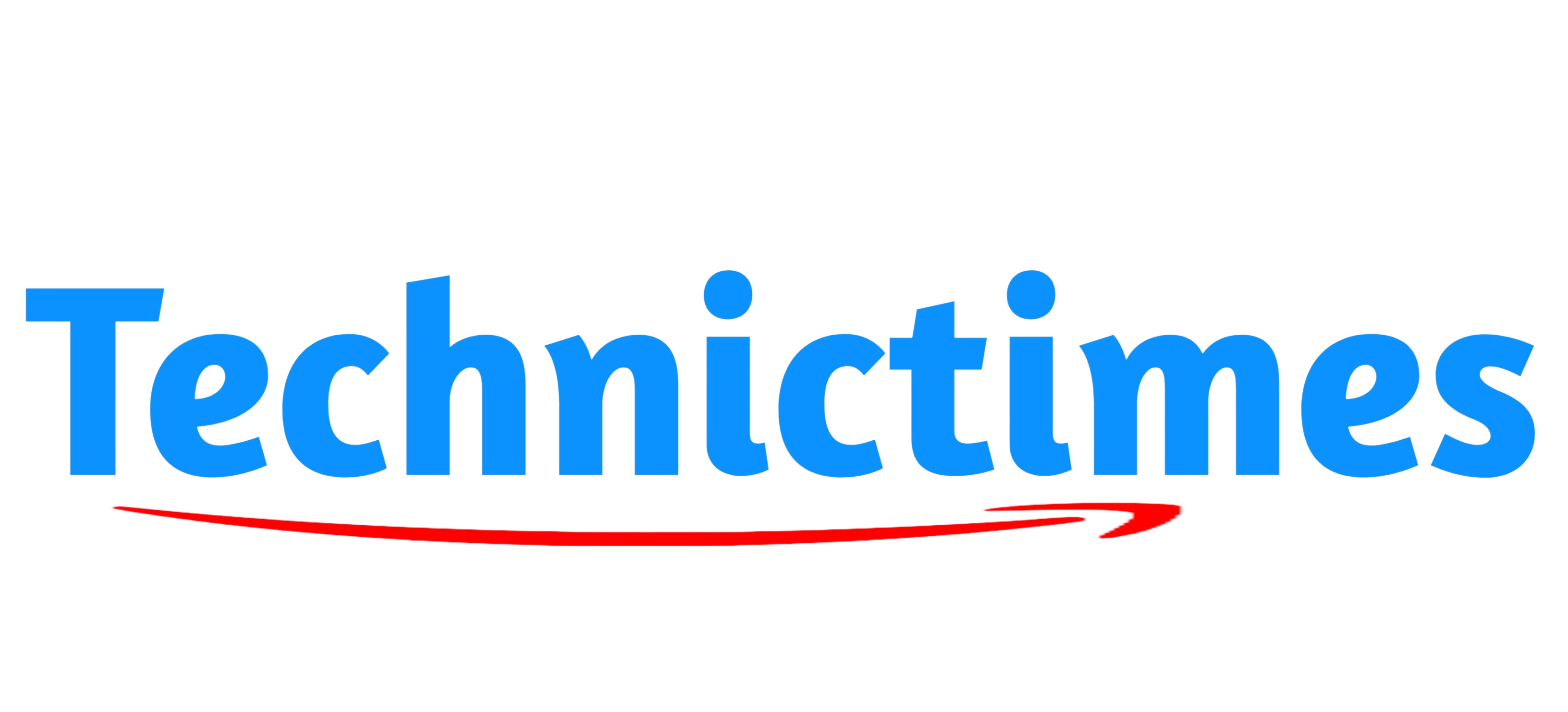Is there a particular question on the government exam that gives test takers the chills? The Quantitative Methods chapter, of course. There is no disputing that this portion is the reason many hopefuls give up on passing the government examinations. Feelings of dread at the prospect of taking the quant test? If so, you shouldn’t miss this post because it contains the strategies that will significantly boost your success in the quant segment.
The quantitative reasoning test is a standard portion of any government exam designed to evaluate a candidate’s intelligence. Millions of hopefuls are compelled by this fact to sign up for preparatory courses at coaching centers. If you know which books to study from, the quantitative portion of your test will be a breeze. Do you need high-quality resources to prepare for the SSC CGL exam? If this is the case, get in touch with top-notch coaching centers for access to top-notch SSC CGL books.
Use the Following Advice to Help You Ace the Quantitative Portion of the Exam:
Get Your Hands on Last Year’s Papers
It’s safe to assume that in order to get your head in the correct place for the quantitative portion, you’ll be consulting the official and most up-to-date syllabus. In addition, consider getting your hands on any sample exams from years past. In order for you to review the quantitative questions that were asked last year, Examine each question in the quantitative reasoning section to ascertain its underlying goal and the kinds of questions that were most frequently posed in the prior year.
Get Started with the Hard Stuff
It is recommended that you start with the most challenging subjects in the quant part when studying for the exam. because it’s simple to quickly cover the uncomplicated topics in the allotted time. Tough topics might be difficult to discuss effectively in a short amount of time. It might be challenging to memorize information on challenging topics. So, when you get the notice, you should start getting ready for the test right away or even sooner.
Compile the Equations
You may have found that it’s easier to remember formulas if you write them out on a table and then stick them on a wall. Putting up a chart with all the relevant equations and sticking it to the wall will help you recall the material. In time, the formulas on this chart will become ingrained in your memory after you’ve seen them. Be creative in how you embellish the list, but make sure the formulas are written legibly.
Repeated Exercises
Now you know that consistent practice is the key to passing the government examinations and in particular the mathematics portion. No amount of planning or organizing can make up for a lack of practice. Consequently, make it a habit to devote at least half an hour every day to prepare for the quants portion so that you may become adept at completing the problems on the quants exam. Even if you’ve memorized all the formulas for the quantitative part, you still need to put them into consistent practice.
Convenient Time-Saving Methods
If you can answer the questions without resorting to cheating, that’s great. However, you’ll need a high-priced sectional cut-off score in mathematics if you wish to pass the government exam. The next step is to learn some common and efficient time-saving techniques. The time-consuming computations you’re now spending too much time on will be completed much more quickly after implementing the shortcut strategies. Simultaneously, you should focus on being more precise. In addition, you may keep the questions’ veracity while employing shortcuts. because this will greatly reduce the need for complicated, time-consuming computations.
Want to get your hands on the top-notch prep resources available for the SSC exam? If this is the case, you should get in touch with top-tier training facilities that provide the best books for bank exams.
Conclusion
Using the preceding advice, you can significantly raise your score on the quantitative portion of the government tests. You must embrace the reality that focusing on just one portion at a time can get you over that section’s cut-off score, but not the total cut-off score. Passing the government exam requires focussing on more than just one component.

